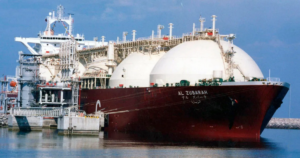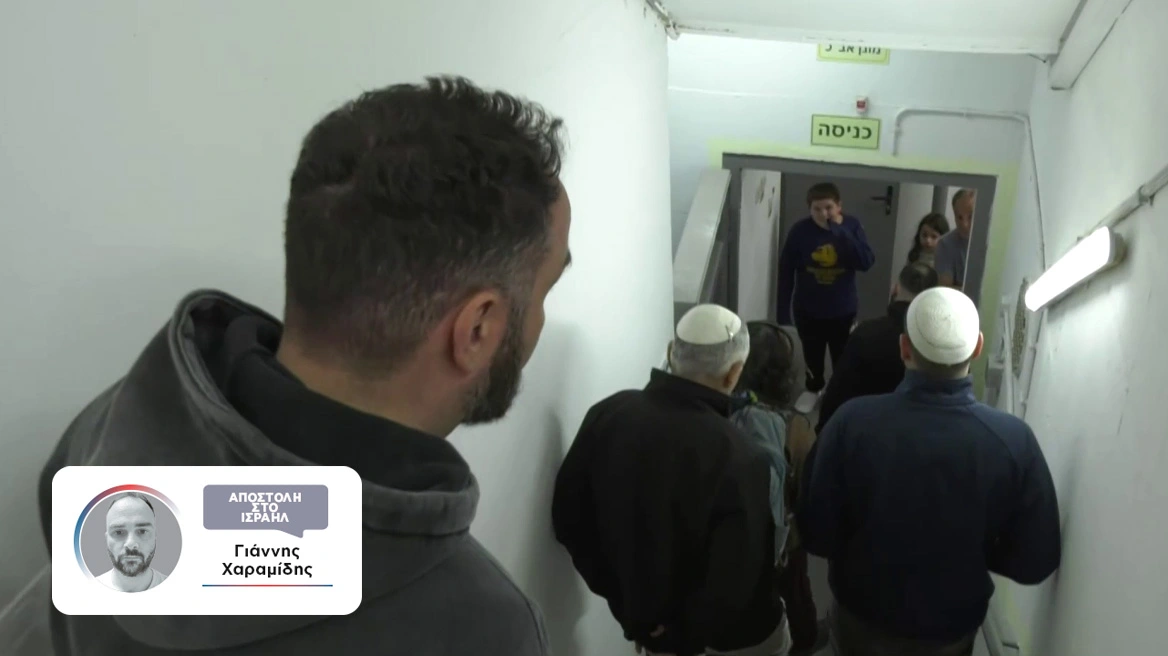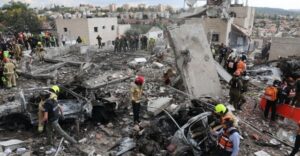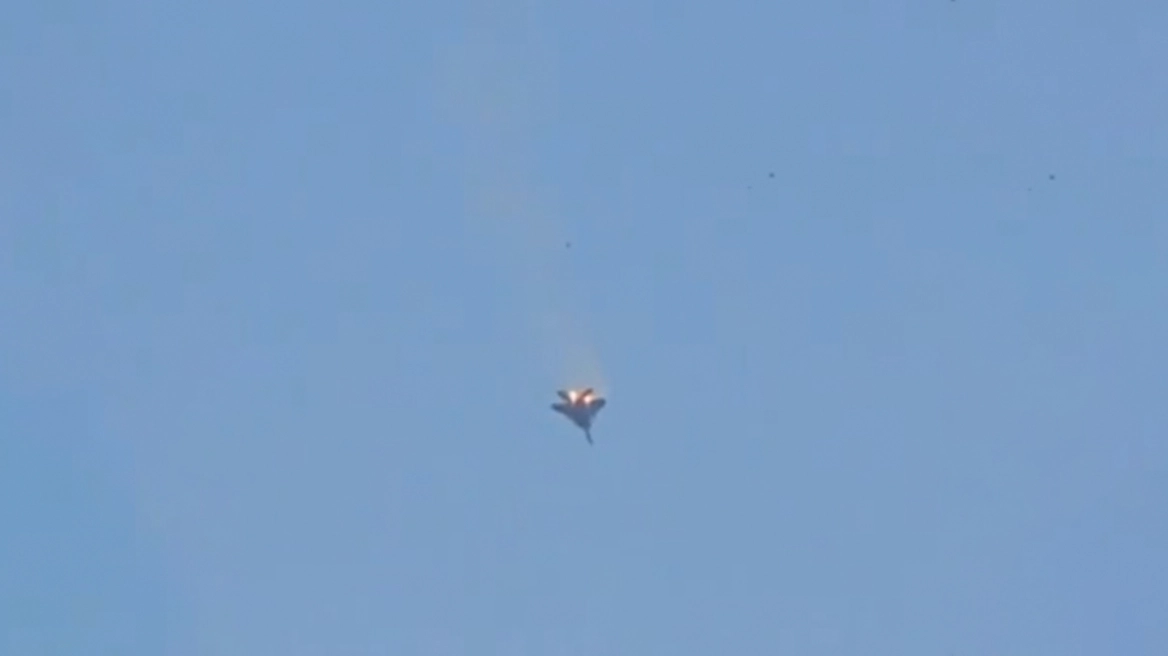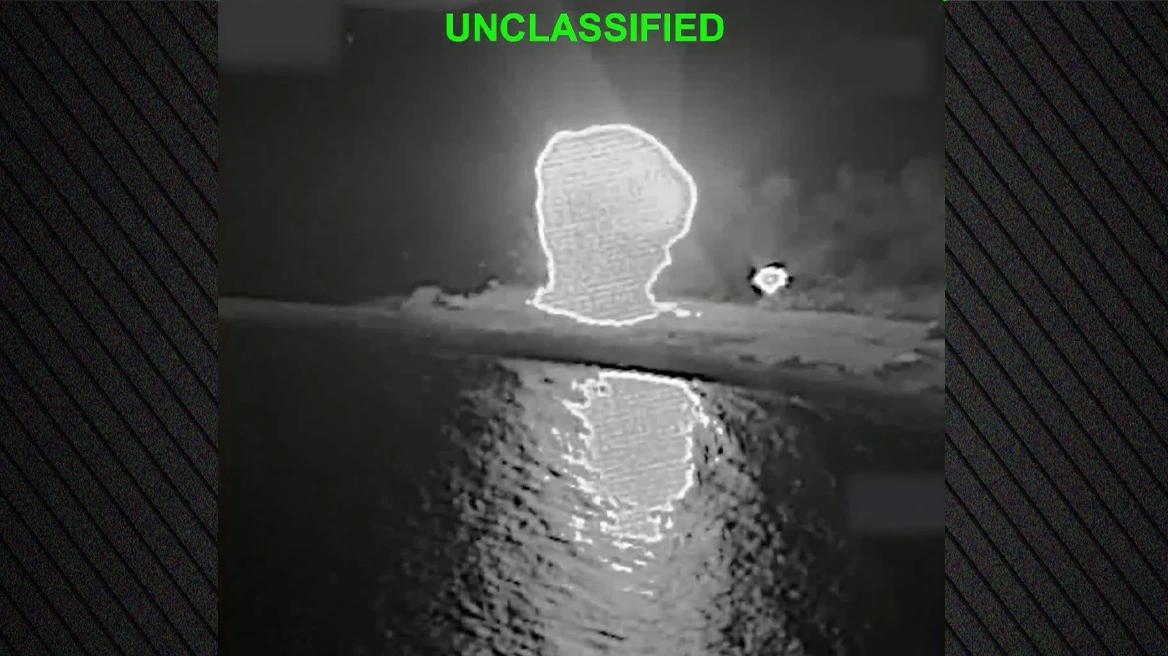The brutal Hamas attacks on Israel and the continuing military response to them have given rise to many questions related to regional and global energy security in recent days.
As is always the case whenever new conflicts arise in the Middle East, the direction of oil prices was the first question on many analysts’ minds. The market’s response thus far has been fairly muted, with crude prices rising by about 5 per cent at the start of Friday trading. That trend appears likely to continue absent some significant escalation of the conflict outside of Israel and Gaza, or a decision by officials in the Biden administration to restart enforcement of US sanctions on Iran’s oil exports, which they quietly stopped performing late in 2022.
With Israeli Prime Minister Benjamin Netanyahu promising a ground campaign to eradicate Hamas and President Joe Biden pledging full US support, other questions around regional and global energy security are also being raised. Prominent among them is the status of the government in Qatar, and the country’s exports of liquefied natural gas (LNG) that serve as a vital source of sorely needed natural gas supplies across Asia, Europe and the UK.
New York Times: Hamas hacked victims’ social media to Live Stream massacres
The questions surrounding Qatar arise chiefly from its strong ties to both Hamas and Iran, which serves as Hamas’s major funder and sponsor. Hamas maintains its head office in Qatar’s capital city of Doha and receives a good deal of its funding from the Qatari government. According to the Foundation for the Defense of Democracies, Qatar has provided between $360 million-$480 million annually to Hamas in recent years, enabling the funding of social services and strengthening the terrorist group’s grip on power in Gaza.
Continue here: The Telegraph
Ask me anything
Explore related questions
